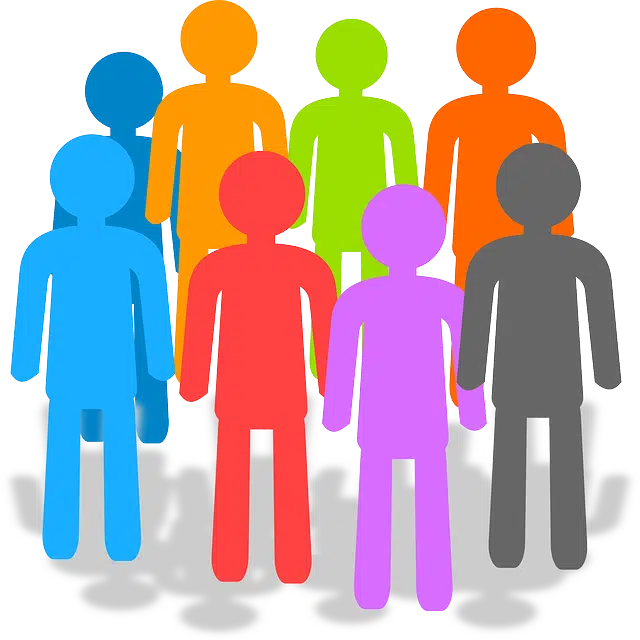
The members of a social group share objectives.
The Italian word gruppo came to Spanish as a group . The concept allows us to name a set of elements or beings. Social , for its part, is that linked to society : a group of individuals who live in a common space under certain norms.
A group of human beings that interact with each other and share the same objective is called a social group . The members of this group, therefore, have something in common that leads them to fulfill a certain role in society .
Characteristics of a social group
Social groups are durable and structured . Its members are guided by similar values and respect the same rules , which allows them to act together and with a common goal.
For a social group to exist, the group must have an identity that allows it to distinguish itself from other groups and that provides a sense of belonging to its members. Thus the member recognizes himself as a member of the social group and acts accordingly.
The family and political parties are two examples of social groups. In both cases, beyond their differences, there are members who interact in a sustained manner over time, maintain a certain interdependence and pursue the same objective. People who share a train trip, on the other hand, do not constitute a social group: the grouping is not lasting, interactions are not necessary, there is no common objective, etc.

The family is an example of a social group.
The stratification of society
In a society, in short, various social groups coexist. To reach this point, it is necessary to exist social stratification , a concept that can be defined as the way in which different strata (layers or levels) are recognized within a society, which are recognized by different criteria that serve to categorize them. Some of these criteria are status, personal wealth, income, occupation, and political power.
Social groups respond to a fundamental and undeniable feature of society: inequality . Resources, both symbolic and material, are not distributed equally, and this gives rise to the first division of its components. At this point we can talk about social class , a group whose individuals have in common an economic or social characteristic, the same purchasing power or a position in the hierarchy of a certain bureaucratic organization that gives everyone the same opportunities and the same limitations. .
It is important to note that, in principle, one does not choose to belong to one social class or another, but rather we "fall" into this classification involuntarily. However, it is possible to access a higher level if our economic, political and social interests drive us; Similarly, a series of mistakes can lead us to descend the social scale, and begin to belong to a lower class.
The social group as a cause of discrimination
If, in itself, the concept of social group is born from the unquestionable inequality that characterizes society and also serves to accentuate the differences of its members, when the criteria used to recognize groups are money or political power, the risk increases. of discrimination . Many would give anything to belong to “the upper class,” but who could want to be recognized as part of the lower class?
This concept is of interest to social sciences , which focuses on the study of human behavior in the context of a society. This name is also used to identify a series of fields of knowledge or disciplines that specialize in the characteristics of social groups that can be seen in a society of human beings, and this includes manifestations of a material type as well as those of an immaterial type. .
